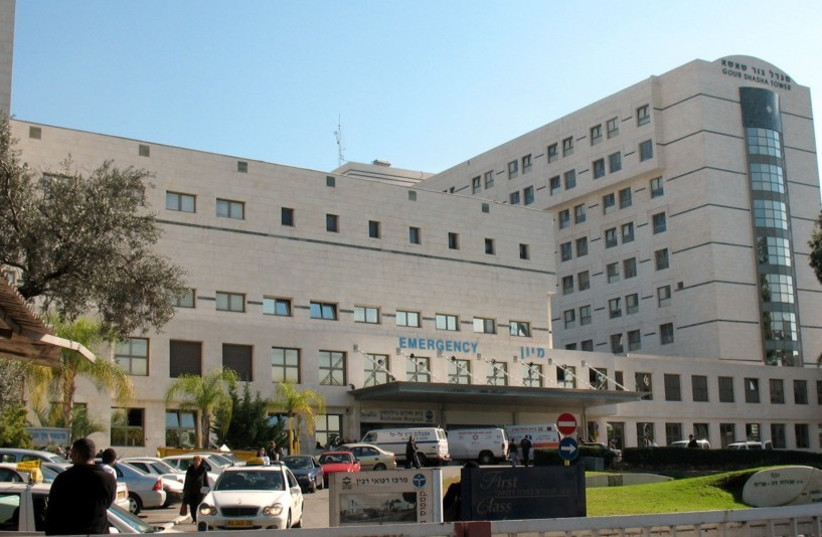The reform in the state health insurance system giving Israelis more choices among service providers, including the hospitals, went into effect on Friday.
This will encourage competition and improve the quality and accessibility of service to patients while maintaining community services and the financial stability of the system, the Health Ministry said. It will also reduce inequality and gaps in accessibility to medical services by providing relevant information to patients and increasing the transparency of selection procedures.
Earlier this year, the ministry published a call for public comment, following which reactions were received and positions were heard from the health funds, public hospitals, private hospitals, government hospitals, and various associations.
In the reform, threshold conditions were set for the selection arrangements of the health funds for services provided in hospitals and in the community.
Each patient can choose among four hospitals for each service, of which at least two are tertiary medical centers, and in addition, at least two are among the four hospitals geographically closest to where the insured person lives.

The health funds’ Form 17 that commits them to paying for the service will be |transparent” for all services, so that in any commitment issued to the insured for a specific institution, all that are in the selection arrangement relevant to the service will be listed, specifying his right to receive the service from any of them. A link to the form and the details of the commitment will be sent to the insured by text message and e-mail.
Four areas in which the insured will have the option to apply to any general public hospital to receive them are inpatient mental health services, gynecological surgeries, neurosurgery, and in-vitro fertilization treatments, the ministry said. This was decided to meet the requirements of the National Health Insurance Law and joins obstetrics and oncology in which patients have a free choice where to get treated.
The regulations will, however, reduce the selection arrangements in cases of arrival at a hospital emergency room, which is a specialized medical service in the case of an illness or medical condition that warrants a special level of professional knowledge and experience, a sequence of treatments or medical conditions that require intensive treatments, the ministry said.
Health minister celebrates "reducing the gaps in the health services"
Health Minister Moshe Arbel commented: “We are implementing a very important reform that is a significant step in reducing the gaps in the health services provided to the public. The expansion of the selection arrangements so that the choice of hospitals that will be available to patients will increase along with maintaining the administrative flexibility of the health funds. At the same time, it will give members of the funds a real option to choose where they want to be treated.”
Ministry director-general Moshe Bar Siman Tov added that the reform “touches the basic principles of the system in accordance with the values of justice and equality set forth in the law. For the first time, we are establishing rules that will significantly open up the choices of the insured to a large number of hospitals, while making the information fully transparent.”
He added that the previous restrictions on choice encouraged patients to go to private hospitals and clinics, so the reform will strengthen the public system.
